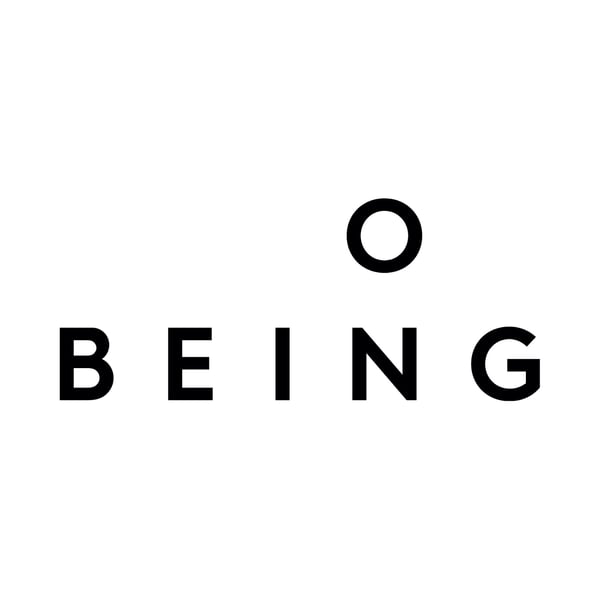[Unedited] Andrew Solomon with Krista Tippett
On Being with Krista Tippett
On Being Studios
4.7 • 10.2K Ratings
🗓️ 4 February 2021
⏱️ 46 minutes
🧾️ Download transcript
Summary
Transcript
Click on a timestamp to play from that location
| 0:00.0 | Support for On Being with Christa Tippett comes from the Fetzer Institute, helping build the spiritual foundation for a loving world. |
| 0:07.0 | Fetzer envisions a world that embraces love as a guiding principle and animating force for our lives, |
| 0:13.0 | a powerful love that helps us live in sacred relationship with ourselves, others, and the natural world. |
| 0:19.0 | Learn more by visiting Fetzer.org. |
| 0:22.5 | I'm Christa Tippett, but up next my unedited conversation on the spiritual territory of depression with journalist and author Andrew Solomon. |
| 0:31.5 | There is also a produced show called The Soul in Depression that includes parts of this interview and other voices. |
| 0:38.5 | Find that wherever you got this podcast. |
| 0:42.5 | I don't want you to sound as famous as anyone, but I will say, I think we'll go ahead and start. |
| 0:48.5 | I will say that I heard quite a few interviews with you when your book came out. When was that? Was that in 2001? |
| 0:55.5 | It was June 2001. |
| 0:59.5 | I felt like a lot of it was just going over the gory details of your breakdowns, which you've written very honestly about that. |
| 1:11.5 | I felt like there was often a fascination for the interviewer in what you'd been through and how you're willing to talk about it. |
| 1:19.5 | I guess my interest is really in getting inside that experience with you more in a more contemplative way. |
| 1:28.5 | Again, there's this sentence near the beginning of your book when you wrote, I hated being depressed, but it was also in depression that I learned my own acreage, the full extent of my soul. |
| 1:40.5 | I think I'd like to use that as the place where we start this conversation, just what you mean by that. |
| 1:48.5 | Also, I'm curious, if you can remember what was happening to you when you first started to make that kind of connection articulated that way, could that happen to you when you were in the middle of depression or was it something that happened later? |
| 2:04.5 | It came to you later in that way. |
| 2:10.5 | I think that the specific formulation came to me later, but I think the experience came to me not really while I was in the depression, but as I was emerging from it, and as I was readjusting to a so-called non-depressed life after the worst of the illness was over. |
| 2:24.5 | I'm a background. I'm Jewish, but we never had a religious practice in our household. I did go to Sunday school for a while when I was little, but I came from a fairly irreligious background, and my parents and my father in particular were great believers in science. |
| 2:40.5 | I feel science was the religion of the household and expected to explain everything, and we had long conversations about that. I held, I think, until the depression came along, a somewhat more spiritual view of life than had been present in my household, but still a tendency not to look through that particular lens at my own experience. |
| 2:59.5 | I was, and to think that my personality was to some extent, the consequence of how I had been born and how I had been brought up at a fairly technical level. |
| 3:10.5 | When I was going through the depression, I had the sense that many of the qualities by which I had defined myself were abandoning me, and that I was no longer the person whom I had previously been. |
... |
Please login to see the full transcript.
Disclaimer: The podcast and artwork embedded on this page are from On Being Studios, and are the property of its owner and not affiliated with or endorsed by Tapesearch.
Generated transcripts are the property of On Being Studios and are distributed freely under the Fair Use doctrine. Transcripts generated by Tapesearch are not guaranteed to be accurate.
Copyright © Tapesearch 2025.

